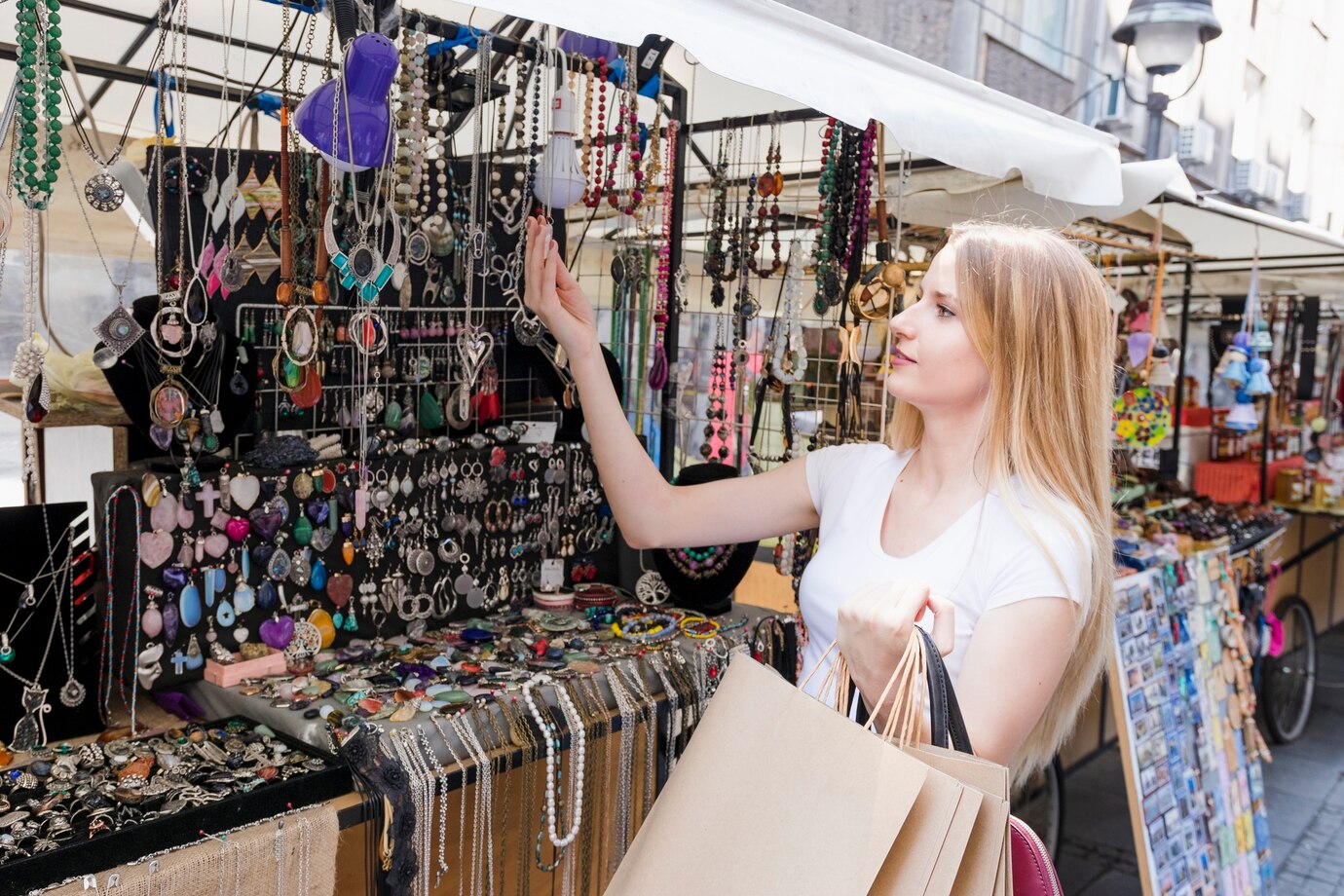
Understanding Local Customs Before You Go
Travelling to a new country is exciting, but knowing local customs makes it even better. Each place has its own unique customs and traditions. Being aware of them helps you avoid mistakes. This local etiquette guide offers essential travel cultural tips to help you interact respectfully with locals. From greetings to dining etiquette, understanding these customs will enhance your travel experience.
1. Greetings and Forms of Address

Cultures have different ways of greeting people. Using the right etiquette can leave a good impression.
Key Travel Cultural Tips:
- In Japan, bowing is common. In the Middle East, a right-hand handshake is preferred.
- Many European countries greet with cheek kisses, but the number varies (two in France, three in Belgium).
- In Thailand, a respectful wai (hands together with a bow) replaces handshakes.
A local etiquette guide on greetings can help you avoid awkward moments.
2. Dining Etiquette Around the World
Food is a great way to experience a country’s customs and traditions, but dining rules differ.
Dining Local Etiquette Guide:
- In Japan, slurping noodles shows appreciation, but tipping is rude.
- In India and the Middle East, eat with your right hand; the left is unclean.
- In Italy, asking for extra cheese on pizza is frowned upon.
Knowing these travel cultural tips helps you enjoy local cuisine without offending anyone.
3. Dress Codes and Modesty Standards
Appropriate clothing varies by country and setting. Dressing respectfully shows cultural sensitivity.
Dress Code Travel Cultural Tips:
- In many Muslim-majority countries, women should cover shoulders and knees, and a headscarf may be needed in religious sites.
- In European cities, casual attire may work, but modest clothing is required at religious sites.
- In Buddhist temples in Thailand and Cambodia, visitors must remove shoes and cover shoulders and knees.
Check a local etiquette guide before packing to meet cultural expectations.
4. Public Behavior and Personal Space
Public behaviour norms can differ greatly. What is acceptable in one place may be rude in another.
Public Behavior Customs and Traditions:
- In Japan, speaking loudly and making phone calls on public transport is impolite.
- In the UK and many Western countries, queuing is important. Cutting in line is frowned upon.
- In Middle Eastern countries, public displays of affection are minimal and seen as inappropriate.
Being aware of these travel cultural tips helps you navigate social situations smoothly.
5. Gift-Giving Customs

Gift-giving is important in many cultures, but the rules vary.
Gift-Giving Local Etiquette Guide:
- Feel free to hand over a gift in China and Japan with both hands and expect polite refusals before someone actually accepts.
- Wrap gifts in bright colours in India, but never in white or black, as both hues signify mourning.
- In Russia always give flowers in odd numbers; even numbers are for funerals.
Knowing these customs and traditions helps you give gifts thoughtfully.
6. Religious and Sacred Site Etiquette
Visiting religious sites requires special attention to local customs and traditions for respect.
Religious Site Travel Cultural Tips:
- In Buddhist temples, remove your shoes and keep your voice low.
- In Catholic churches, dress modestly and remain quiet during services.
- In mosques, wash before entering, and women may need to cover their heads.
Following a local etiquette guide shows appropriate respect in sacred places.
7. Business Etiquette and Taboos
For work travel, understanding customs and traditions in business is important.
Business Local Etiquette Guide:
- In Japan, exchange business cards with both hands and bow slightly.
- In Germany, being punctual is crucial; arriving late is disrespectful.
- In Brazil, business meetings often start with casual conversations before work topics.
Respecting travel cultural tips in professional settings can strengthen international relationships.
8. Tipping Culture Around the World
Tipping customs differ by country, and knowing the expectations can help you avoid awkwardness.
Tipping Customs and Traditions:
- In the US, tipping 15-20% in restaurants is standard.
- In Japan and South Korea, tipping is not expected and can be rude.
- In Europe, service charges may be included, but rounding up the total is common.
Check a local etiquette guide before dining out to navigate tipping expectations.
9. Negotiation and Bargaining
Bargaining is common in many places, but approaches vary.
Bargaining Travel Cultural Tips:
- In Middle Eastern and Southeast Asian markets, haggling is expected; starting at half the asking price.
- In Japan and Western Europe, prices are usually fixed; negotiating may be seen as rude.
- In Latin American markets, bargaining is common but should be friendly and respectful.
Understanding customs and traditions around bargaining ensures a smooth shopping experience.
10. Transportation Etiquette
Public transport rules vary globally, and following them ensures a smooth journey.
Transport Travel Cultural Tips:
- In Japan, remain silent on public transport and avoid eating.
- In London, stand on the right when using escalators in the Underground.
- In New York, allow passengers to exit before boarding the subway.
- Being mindful of local transport etiquette improves travel experiences.
11. Photography and Privacy Norms
Taking photos while travelling is expected, but cultural sensitivities should be respected.
Photography Local Etiquette Guide:
- In many Asian countries, always ask for permission before taking photos of locals.
- In France, privacy laws may restrict photographing people without consent.
- In religious sites, photography may be prohibited or require special permission.
- Knowing when and where to take photos ensures respectful travel.
Conclusion: Travel with Respect and Awareness

Being mindful of customs and traditions enriches travel experiences and fosters positive interactions. This local etiquette guide provides essential travel cultural tips for navigating various social norms, business expectations, and daily interactions. Whether dining in Italy, visiting a temple in Thailand, or negotiating in a Moroccan market, understanding local customs makes your journey smoother and more meaningful. Travel wisely, embrace cultural diversity, and enjoy your adventures!


